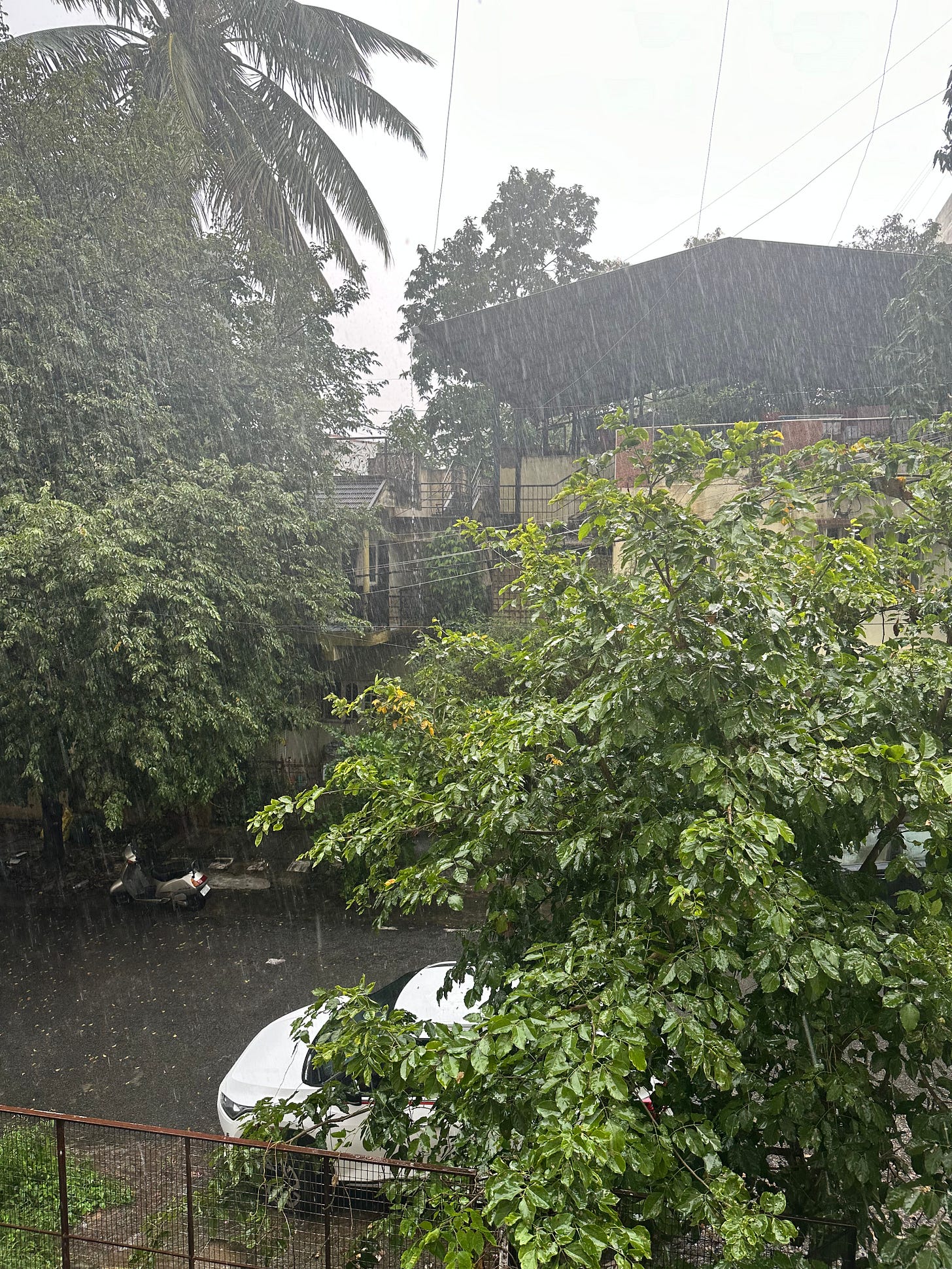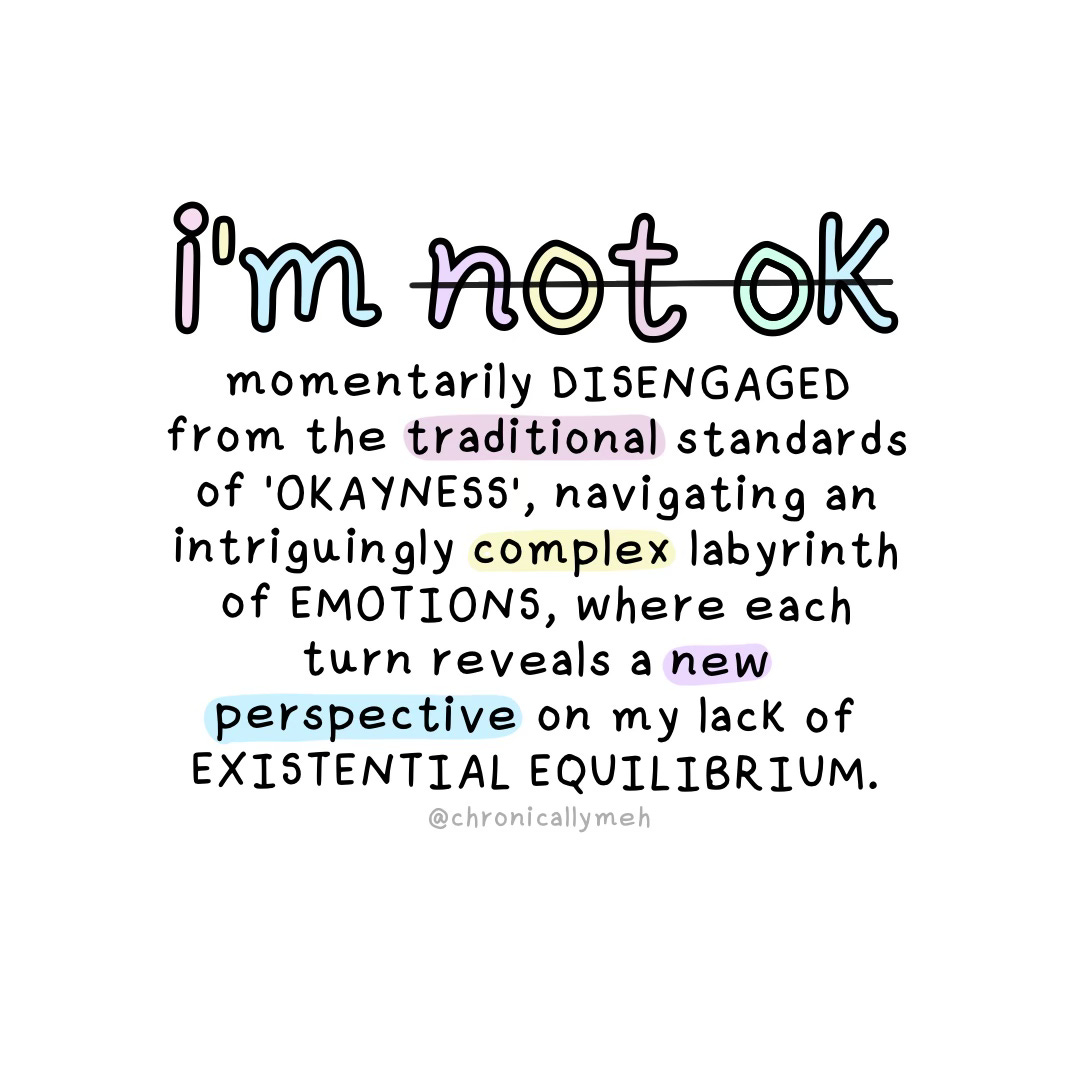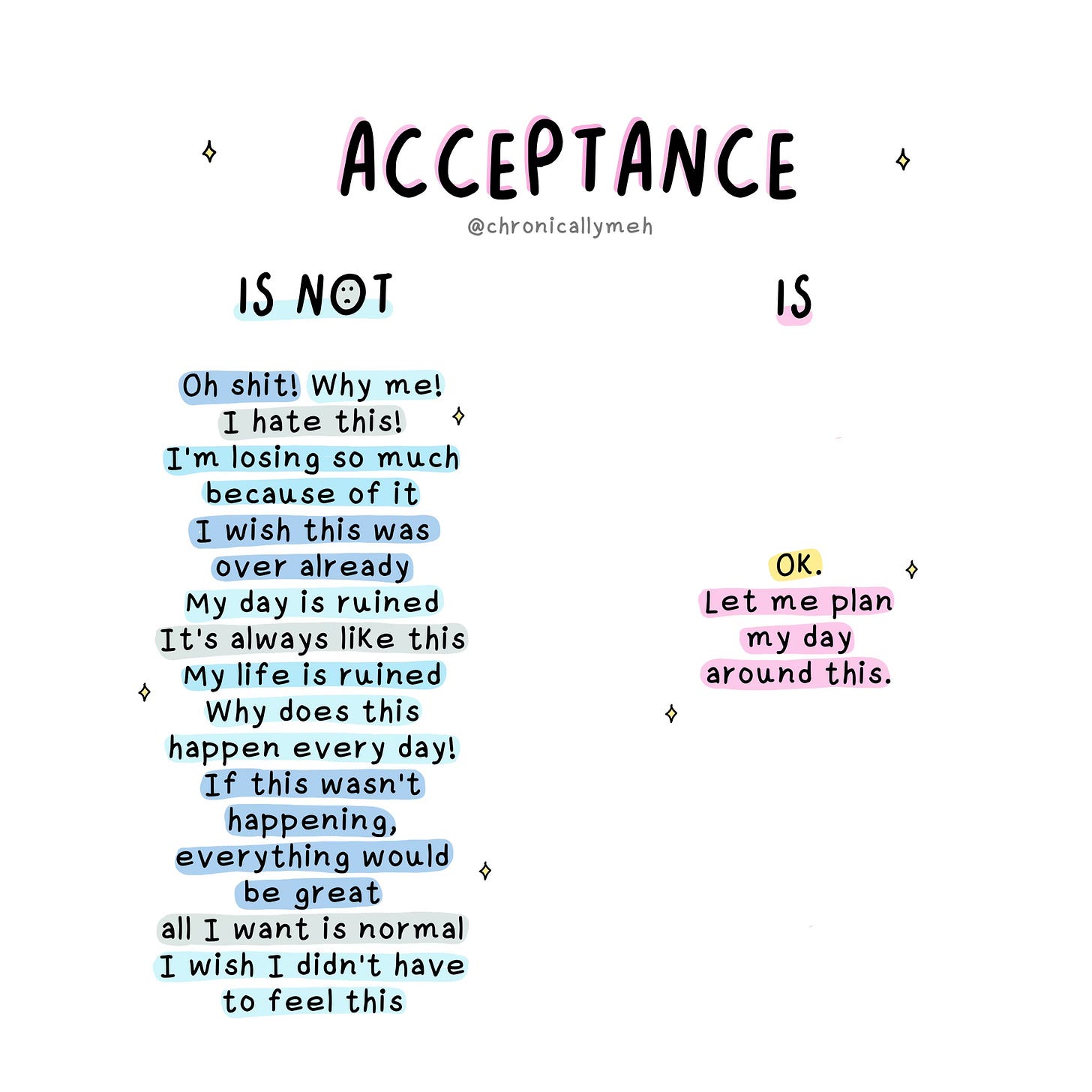Screw the silver lining
Sometimes, things just suck.
When the sky opens up and rain starts pouring, you can’t see through the sheets of water to find a silver lining. It’s physically impossible (seriously, try it). And maybe that’s the point.
There’s something about dark clouds that feels deeply honest. They don’t apologize for showing up. They gather, block the sun, and weep without restraint. It’s like the sky itself is saying, “It’s okay to bawl your eyes out. Let it out. No one’s watching.”

Rain has always been honest that way. When you’re standing in the downpour, soaked to the bone, there’s no faking it. You’re just there, raw and real. Even Chaplin got it: “I love walking in the rain because no one can see me crying.”
But somewhere along the way, we were taught to fight that honesty. To look past the clouds and search for the silver lining. To spin pain into purpose. Like if we could just find a lesson or meaning in the mess, it would make everything less terrible.
Spoiler: it doesn’t.
The problem with silver linings
Even feel-good movies have sad frames. Moments when everything falls apart, when the protagonist is barely hanging on, and the happy ending feels impossibly far away. Life is like that too, except sometimes the happy ending never comes.
Sometimes, things just suck.
Pain isn’t a hidden blessing. Exhaustion isn’t a life lesson. Grief isn’t a stepping stone to a wiser version of yourself.
Most of the time the sky dumps rain on your head, and there’s no rainbow at the end of it. It’s just you, drenched, pissed off, and wondering what you did to deserve this.
But instead of letting ourselves feel that weight, we slap on a fake smile and try to make it prettier than it is. We say things like, “Everything happens for a reason,” as if that’s supposed to magically make the pain smaller.
Again, it doesn’t.
Slapping a silver lining onto your struggles is like putting glitter on a trash heap. It might sparkle in the sunlight, but it still stinks.
And you don’t owe anyone a shiny, inspirational narrative about what you’re going through. You don’t have to twist your pain into something meaningful to justify it. You’re allowed to say, “This sucks,” and leave it at that.’
Why forcing meaning hurts more
Pretending everything happens for a reason makes it harder to process the situation. Psychologists call this toxic positivity, and it's literally making us sick. Gabor Maté, in When the Body Says No, shows how suppressed emotions disrupt our immune system. Bessel van der Kolk's The Body Keeps the Score reveals how trauma gets trapped in our bodies, driving chronic pain and illness.
This isn’t an abstract context. It’s epigenetics, which shows that suppressing emotions can even alter our genes, impacting our kids and future generations. We were raised to "toughen up," but science proves that feeling the bad stuff – without judgment – is the key to healing.
Studies show that people who accept their negative emotions, the grief, the anger, the fear, actually report lower stress and greater well-being.
The storm’s beautiful too
I find dark clouds and storms comforting. They don’t spin a narrative or force a lesson. They just exist, unapologetically heavy, giving us permission to fall apart alongside them.
Rain doesn’t need a silver lining to be beautiful. It’s messy and relentless, but it’s real. It doesn’t try to hide its chaos or discomfort. It just lets it all out.
Even in the saddest moments of a movie, we don’t turn away. We don’t yell at the screen for the characters to cheer up. We sit with their pain because it feels honest, and that’s what makes the story whole.
So why do we expect anything different from ourselves?
It’s been dark and snowy here in Markham,
Shruti.








"Rain has always been honest that way. When you’re standing in the downpour, soaked to the bone, there’s no faking it. You’re just there, raw and real." You are so good at putting words to our experiences and feelings. Thank you for showing up like that in this space where we feel less alone and we feel seen. Much love!
Nell
itsnellmarie